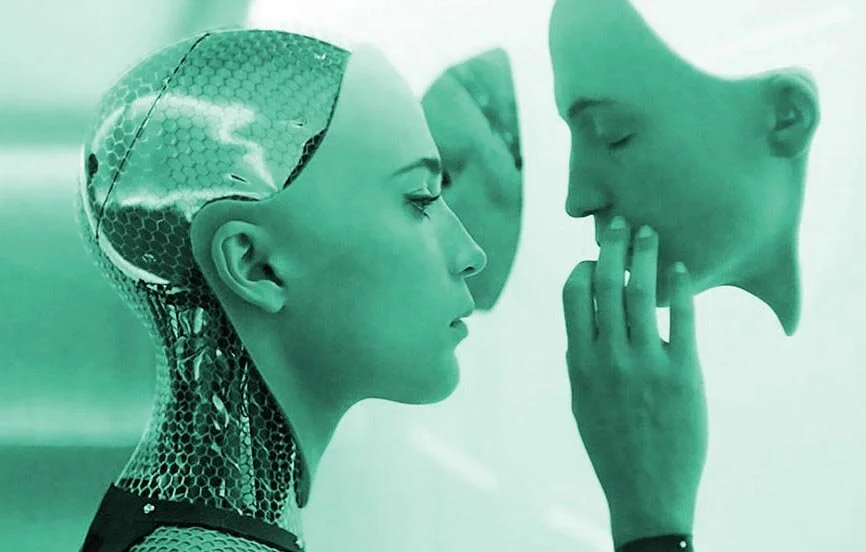Can Machines Dream? (3)
Quoting Ron Burnett
One of the metaphors we have been discussion is that the brain is like a computer and that human memory stores information much like a hard disk. There is simply not enough evidence to suggest that the metaphor works. So, machines cannot dream because among many other things, we don’t have an adequate definition of what the mind does when it dreams. All we have is the language of metaphor and description, a semantically rich space that cannot be reduced to any single or singular process.
Response from Ronny Siebes, Free University of Amsterdam
I agree with your statement that there is simply not enough evidence to suggest that the metaphor works. But that does not 'prove' that machines cannot dream. I would like to turn your argumentation into my favor. We are limited in two ways which has one cause namely we humans can only understand complexity by breaking events up into simpler things (reductionism) and we pay the price by losing an overview of the big picture (holism): first we do not know what dreaming is (complex event), second, we do not know what kinds of events can emerge from complex structures like the Internet. This limitation is the reason that we still don't know if dreaming can physically be expained and we still cannot find out whether complex structures like computer networks (e.g. the Internet) can dream.
Ron Burnett
I think that we are agreed that there is very little evidence, in the scientific sense for dreaming (although we all dream). Don't misunderstand me, I support and am excited by research into the brain. I do think that the Internet is one of the best examples that we have of complex networks that far exceed their original design in scale and effect. I am not sure given what you have said, how we can overcome the opposition between holistic approaches and reductionism.

